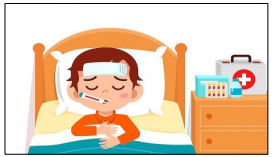Questões de Inglês - Verbos | Verbs para Concurso
Foram encontradas 398 questões
• Get enough sleep. Good sleep improves your brain performance, mood and overall health. Consistently poor sleep is associated with anxiety, depression, and other mental health conditions.
I - “Mental illnesses are disorders, ranging from mild to severe, that affect a person’s thinking, mood, and/or behavior.”
II - "According to the National Institute of Mental Health, nearly one-in-five adults live with a mental illness."
• Get enough sleep. Good sleep improves your brain performance, mood and overall health. Consistently poor sleep is associated with anxiety, depression, and other mental health conditions.
Julgue o item subsequente.
Verb valency, a syntactic and semantic consideration,
involves understanding the number of arguments a verb
can govern. Proficiency in discerning monovalent,
divalent, and trivalent verbs, as well as recognizing
valency alternations, contributes to constructing precise
and nuanced sentences, reflecting a higher level of
syntactic mastery.
Choose the verb form that fits in the sentence.

(Available on: https://www.freepik.com/premium-vector.)
“The little boy has a fever, a sore throat, and he is also coughing a lot, so it is recommended that he __________ home.”